
Migraine
Latest News
Latest Videos

CME Content
More News

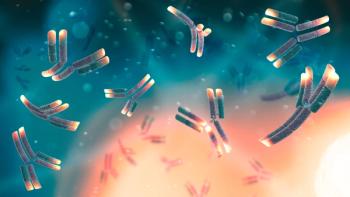
Study investigators observed no significant differences in oxygen supplementation, hospitalization, or COVID-19 related death between initiators and non-initiators, though they cautioned more research was needed.
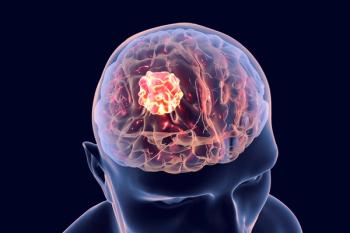
Patient retraces her treatment journey from diagnosis through treatment for glioblastoma.
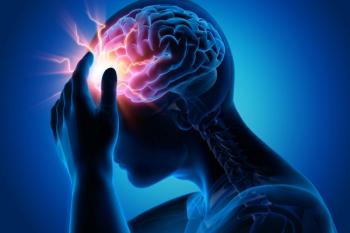
Pharmacists play a key role in migraine management, therefore, awareness of menstrual migraine-specific prophylaxis is important.

Mobile apps can help consumers acquire medications, but few help with adherence beyond automatic refills or medication synchronization.
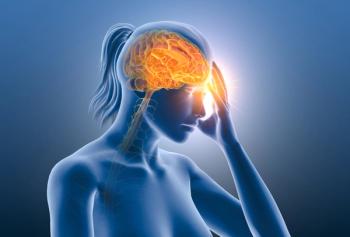
Studies consistently demonstrate the pivotal involvement of neuropeptide calcitonin gene related peptide release in migraine onset.

Galcanezumab-gnlm (Emgality; Eli Lilly and Company) did not demonstrate superiority to rimegepant orally disintegrating tablet (Nurtec ODT) on the percentage of individuals achieving a 50% or greater reduction in monthly migraine headache days.
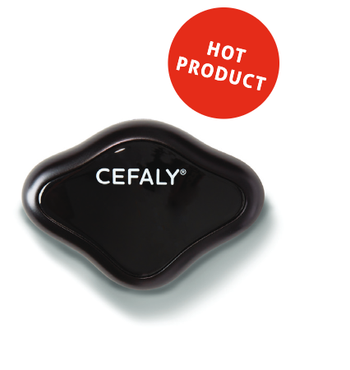
Includes hair growth supplements and nicotine lozenges.

Access, diagnosis, and treatment for BIPOC patients suffering from migraines is yet another unflattering reflection of the lack of health equity in the United States.

Migraines can be a primary diagnosis or a symptom of an underlying medical or psychological condition.

Although an established standard of care for migraine prophylaxis exists, the current protocol is not without significant shortcomings.

Atogepant reduced mean monthly migraine days by more than 2 days compared to placebo in the ELEVATE trial.

Atogepant (Qulipta; AbbVie) is the first and only oral calcitonin gene-related peptide receptor antagonist to gain FDA approval for the prevention of episodic and chronic migraine.

The efficacy and tolerability of rizatriptan for acute migraine treatment has been well established.

Zavegepant is the only calcitonin gene-related peptide receptor antagonist nasal spray indicated for acute treatment of migraine in adults and can provide pain relief in 15 minutes.

Migraines are common yet misunderstood, therefore it is important that various treatment options be examined and offered to this patient population.

Zavegepant is the first calcitonin gene-related peptide receptor for migraines in development as an intranasal formulation studied in a phase 3 trial.

New research from Harvard Medical School could be a game changer for the management of headaches associated with anti-CGRP migraine therapy.

Students may be hesitant to discuss migraines, which can lead to absences, difficulties in personal life, financial burdens, and poor mental health.

Migraine could be considered a clinical marker of increased obstetric risk in pregnant women.

Patients with acute migraines should assess their condition before starting a treatment regimen.

There is a growing body of evidence that foods, substances, and additives in vitamins and supplements can be a trigger for migraine headaches.

Pharmacological options for those who experience migraines come in the form of abortive or preventative therapies.

Despite the increasing approval of neurological medications, just a small percentage of individuals are using them because of skyrocketing out-of-pocket expenses.

Study to Evaluate Efficacy of Device That Closes Patent Foramen Ovale in Treating Migraine
Prior research indicates a platelet-based connection between migraine and the patent foramen ovale.



























